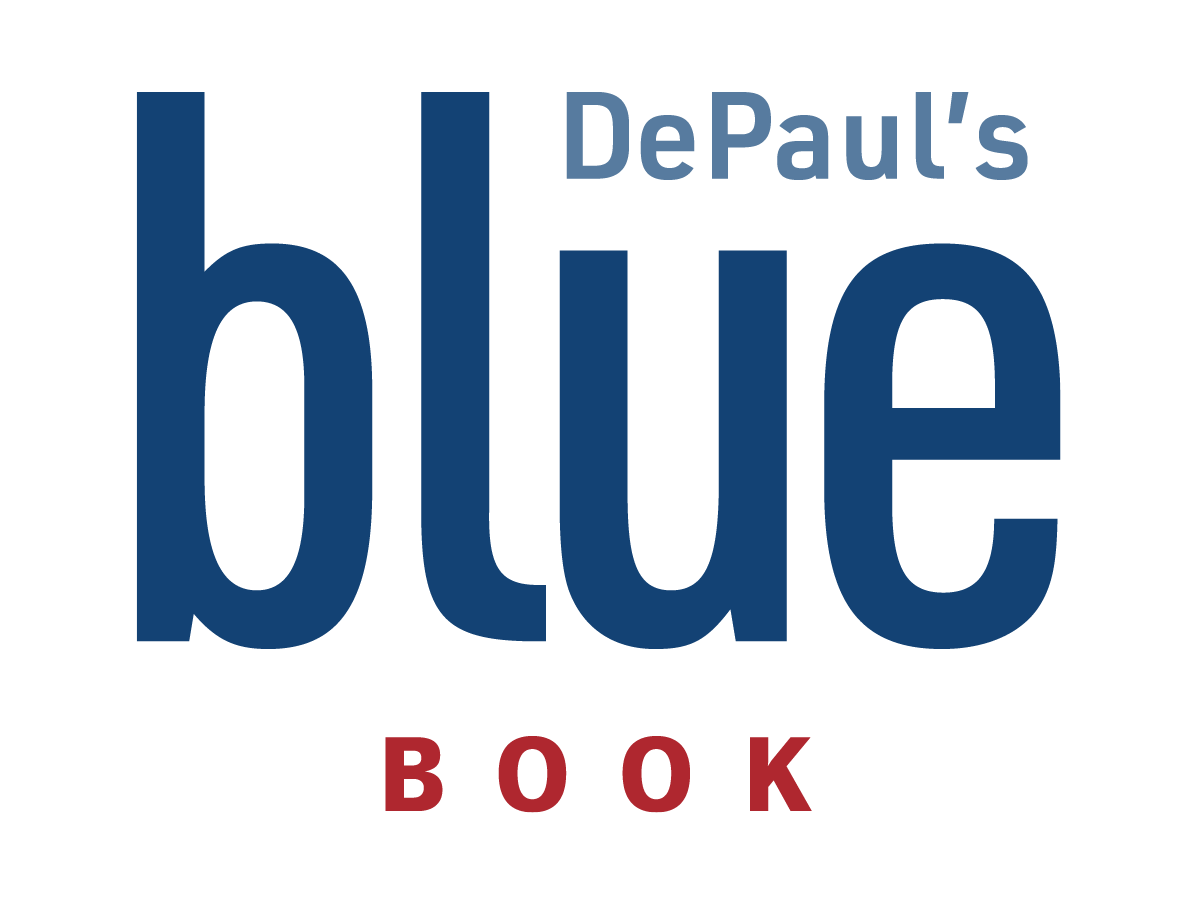
Professor Rebecca Johns-Trissler
On December 31, 1994, I made myself a New Year’s resolution that by the end of 1995 I would have a completed first draft of a novel. I was newly married, working at a magazine in New York, and paying my own rent, if barely, on a fourth-floor walkup in Brooklyn with the constant noise of the BQE in the background. (Even back then rent in NYC was expensive and publishing salaries were alarmingly low.) I’d always wanted to write a novel and thought, at the ripe old age of 23, that it was about time I got busy and actually did it.
I broke down my overwhelming novel-writing task into a series of smaller and much more manageable tasks: I would write two pages a day, every day, until it was finished, taking Fridays off for my own sanity. I would write on my lunch hour or after work, but I had to write those two pages every day. As Anne Lamott would write that same year in her book of the same title, I was taking it bird by bird.
Looking back on that task now, I realize I had no idea how to write a good novel. The story was basically glorified fan fic because that’s what I was interested in at the time. I didn’t understand how to control point of view or balance summary and scene or create fantastic characters or write thrilling dialogue. I didn’t know I didn’t know how to do those things. But I knew how to type clear sentences in chronological order in which exciting things happened, so that’s what I did instead.
For a whole year, I typed those sentences in which exciting things happened in chronological order. And at the end of 1995, I had a full and complete draft of a first novel. I’m embarrassed to say that at one point, I did give it to some friends at Penguin books and a high-powered agent or two and got their feedback, which was exceedingly kind given the quality of the work. I put the book away, and, in 1996, wrote a second one, marginally less terrible than the first but meeting the same fate.
I put it too away, but not in sadness or anger. I put it away because it had already taught me something I badly needed to know: I could write a novel. I could even write more than one. I would spend the next few years learning all the other aspects of craft that a novel needed to become good: point of view, characterization, dialogue, scene. But those two first practice novels taught me to trust the process and myself, that even the most enormous tasks are doable if you tackle them a little at a time.
Here’s Anne Lamott in Bird by Bird talking about this very concept:
- L. Doctorow once said that “writing a novel is like driving a car at night. You can see only as far as your headlights, but you can make the whole trip that way.” You don’t have to see where you’re going, you don’t have to see your destination or everything you will pass along the way. You just have to see two or three feet ahead of you. This is right up there with the best advice about writing, or life, I have ever heard.
I agree with Anne: this is very wise advice, for writing and for life. Keep the headlights on. You won’t see your destination, but you can make the whole trip that way.
Which brings me to National Novel Writing Month (NaNoWriMo).
My graduate novel-writing students know I’ve never been a fan of holding this event in November, a short month that ends with a holiday week that often includes a lot of travel. Why isn’t NaNoWriMo in January, a long month with no holidays when we’re stuck inside because of crummy weather? Why isn’t it in the month of New Year’s resolutions? It’s certainly more interesting than resolving to lose fifty pounds or exercise every day.
But I do think NaNoWriMo is good for learning the process of novel writing. I do it’s taught a whole lot of people they can write a novel by breaking it down into manageable chunks. You might learn, like I did, that you can tackle any big project a little at a time, and that it’s okay if it isn’t perfect, if it’s embarrassing, if you decide to put it away later. You just need to keep those headlights on.
